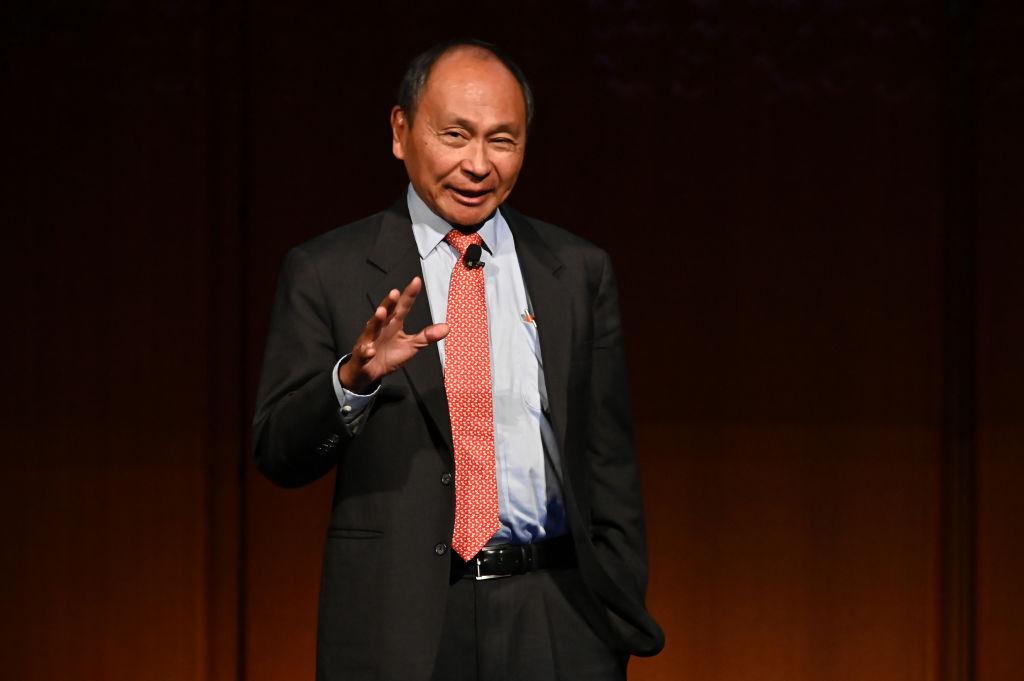Commentary
Liberal elites delight in showing tolerance for things their neighbours cannot stand. Liberalism demands embrace where many people, by nature, might recoil.

Liberal elites delight in showing tolerance for things their neighbours cannot stand. Liberalism demands embrace where many people, by nature, might recoil.